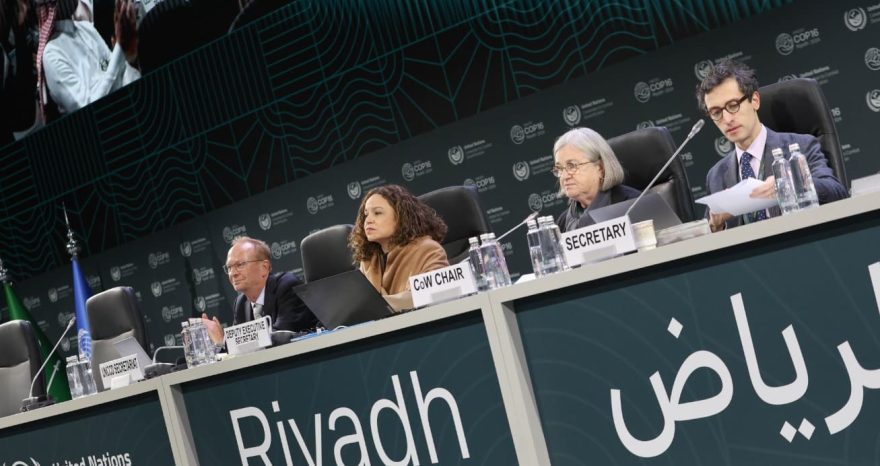After lengthy discussions, the federal government has agreed on the essential elements of the new national strategy aimed at the construction of "modern, highly flexible and climate-friendly power plants"
Towards a new technologically neutral capacity mechanism
(sustainabilityenvironment.com) – Decarbonisation and security of supply for the German electricity system require modern, highly flexible, and climate-friendly power plants. With these words, the German government has announced this morning the agreement between the federal chancellor Olaf Scholz, the minister of the economy and the Climate Robert Habeck and the minister of the finances Christian Lindner on the new Kraftwerksstrategie (literally Strategy for Power Plants). The plan, the result of long discussions and internal clashes, defines the financial framework for the construction of “Hydrogen-ready” gas plants, that is, able to switch to hydrogen when the carrier supply is sufficient. To gradually transform peak power plants to accompany the national decarbonization.
In detail, the strategy identifies incentives for construction to be allocated through calls for tenders, and integrated into the future capacity mechanism wanted by Berlin. The latter, reveals the government press note, will be technologically neutral and will be operational by 2028. A political agreement on this should be reached within the federal government by the summer of 2024 at the latest.
Strategy Power Plants, in race 10 GW to be powered with hydrogen
The tender, announced shortly, will award up to 10 GW of hydrogen-ready gas thermoelectric capacity. The transition date for the complete transition to hydrogen should be between 2035 and 2040. Not only that. The Power Plants Strategy also supports research aimed at the development of plants up to 500 MW of power, which work exclusively with hydrogen. The federal government wants to reduce the existing obstacles to the construction and operation of electrolyzers, eliminating the double tax and tariff burden on electricity for storage and electrolysis, to stimulate the market.
read also Domestic hydrogen heating: in Germany tests a Methane-hydrogen 7:3
“In addition – writes the Ministry of Economy and Climate- taking into account the climate-neutral electricity system platform, the BMWK will also present an options paper for a political agreement involving the parliamentary groups on the future electricity market design in the summer of 2024. Security of supply is examined through electricity security analyses, which also include scenarios with conservative and crisis-related assumptions.













